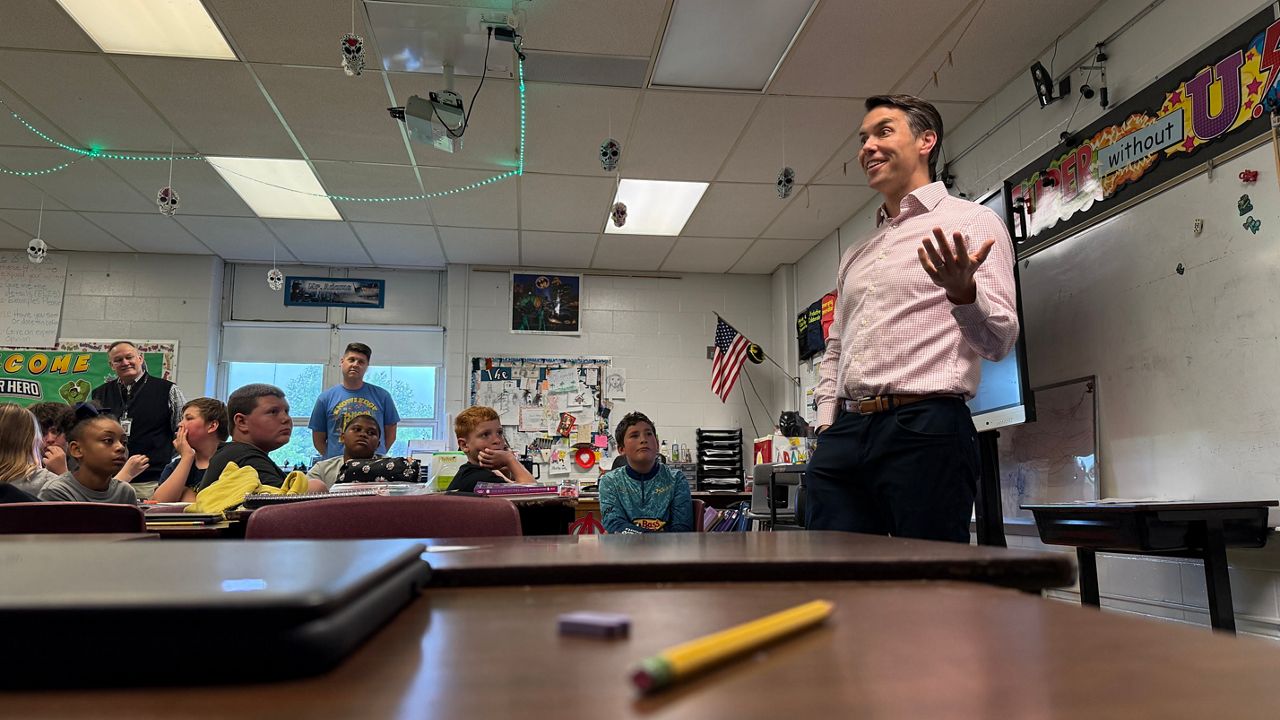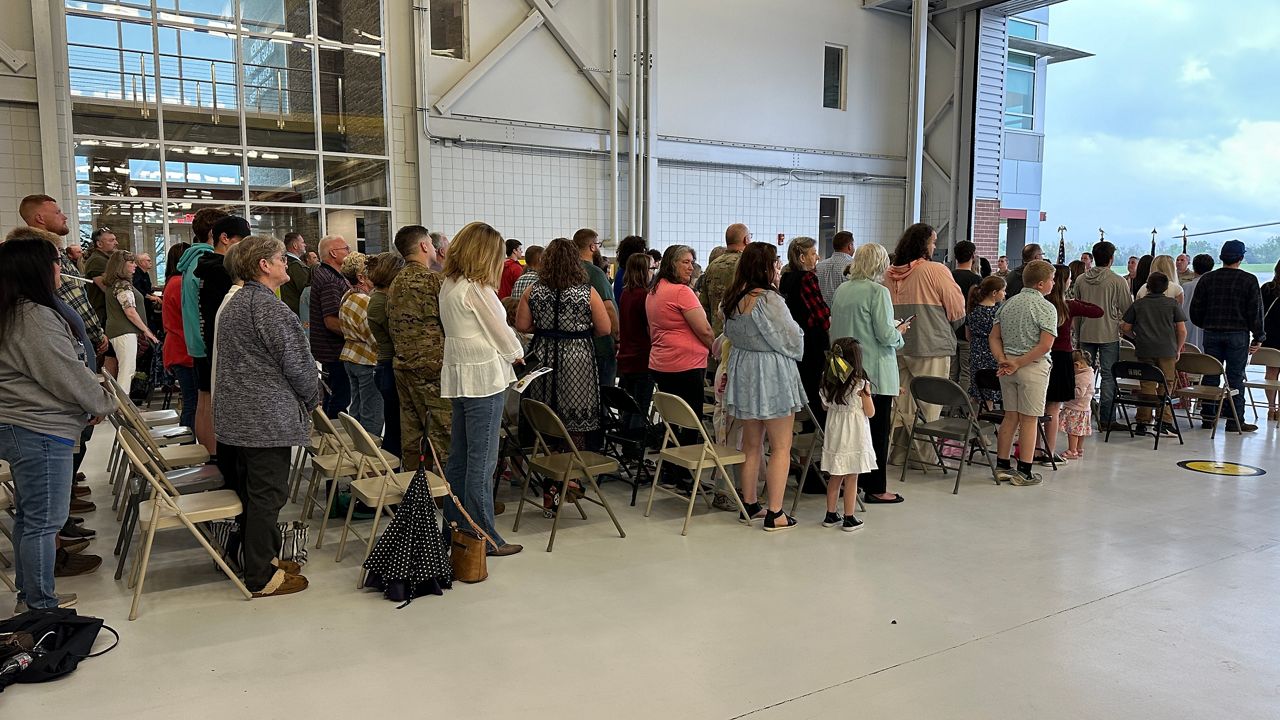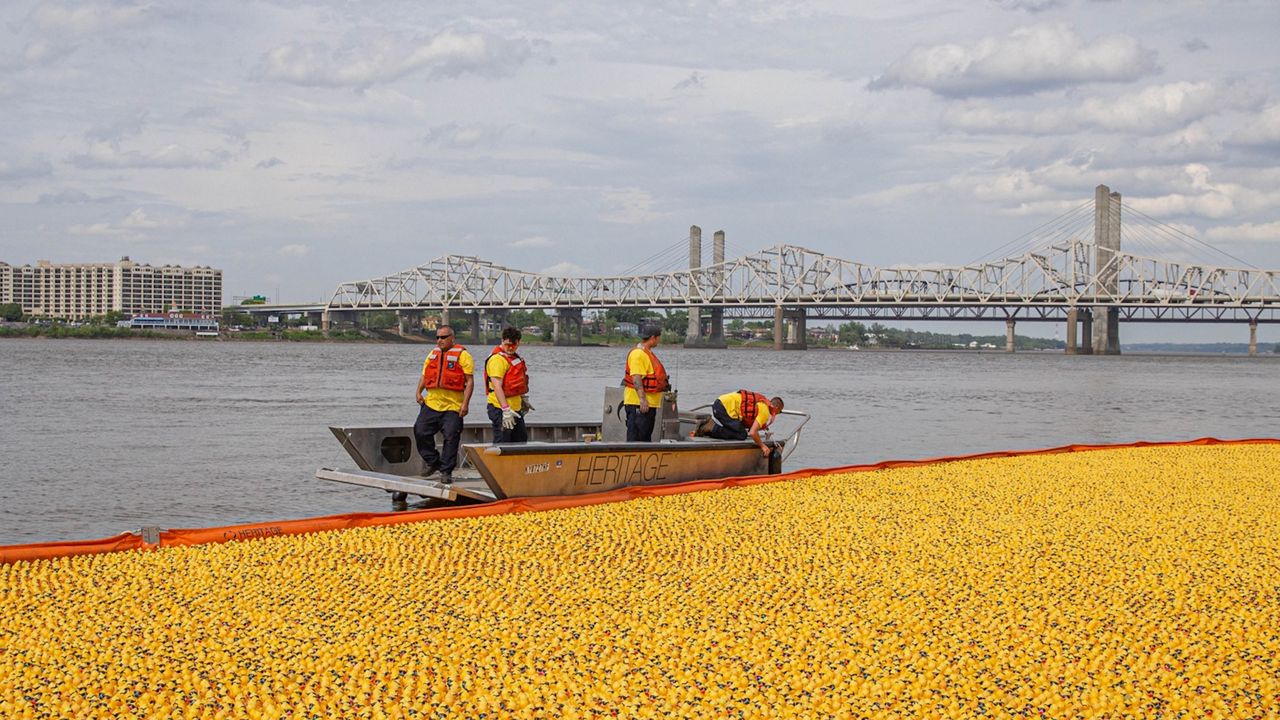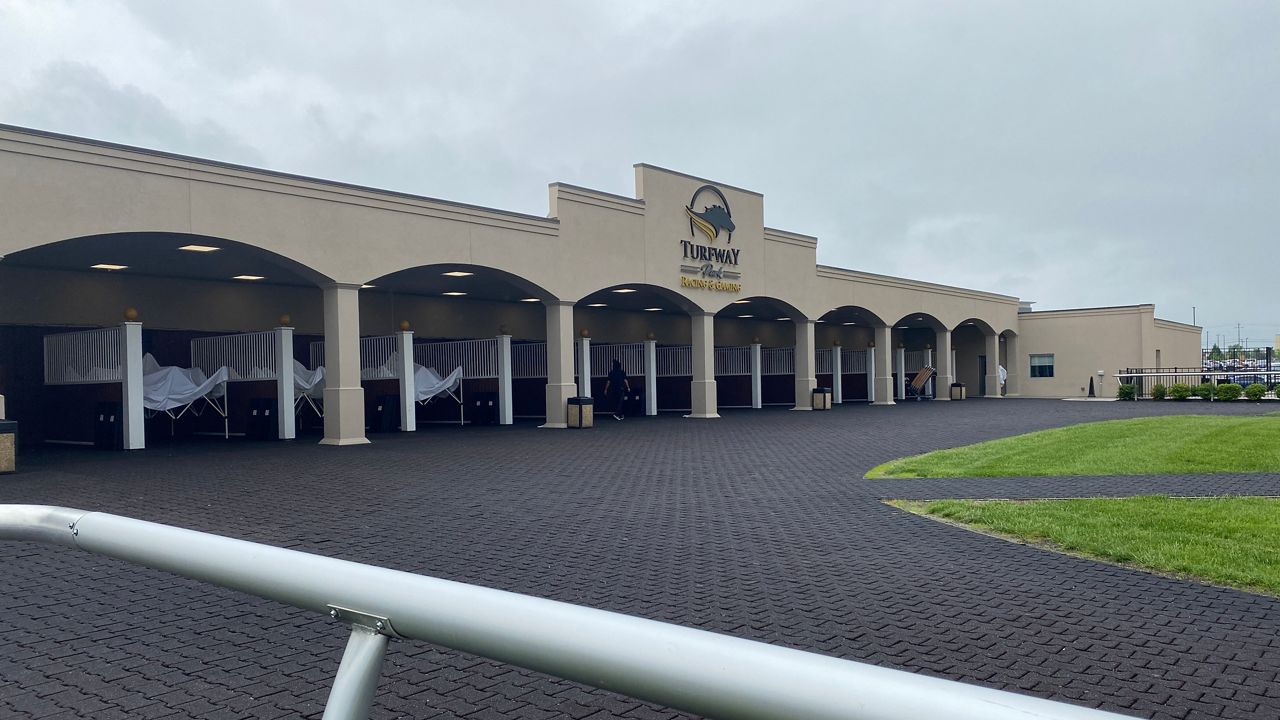LEXINGTON, Ky. — Some Kentucky students are helping their community heal from gun violence by planting messages of hope.
Nearly every day, children across the country face potential threats of gun violence, something that has included Lexington for a time.
Among cities around the country experiencing the continued effect of the epidemic, it's something that kids have even become victims of or felt firsthand.
Now, a student group with Lexingtons The Learning Center, led by mentor Davita Gatewood, is helping to create a place of comfort.
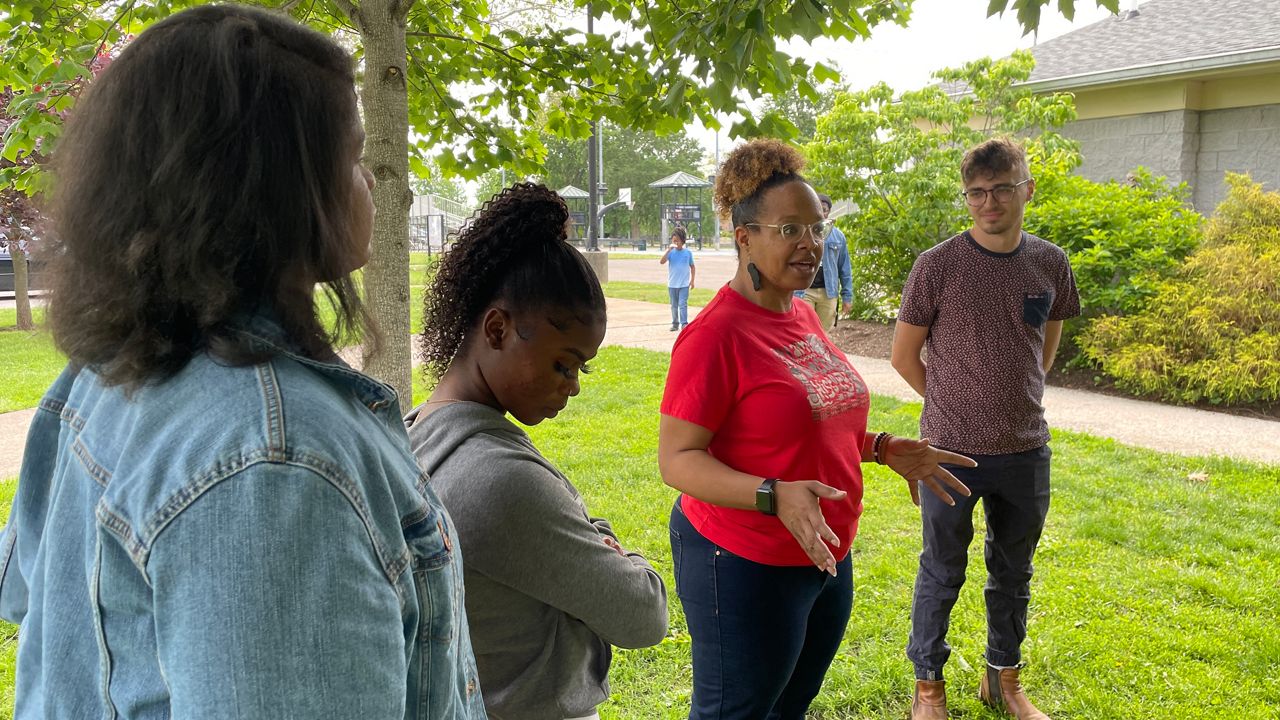
Douglass Park is being restored with more color and sentimental messages urging an end to gun violence and calling for healing for survivors.
Now, a bed of flowers and art outline trees, and indifferent to some, several parks in Lexington are home to gun violence. It makes some of the students emotional to think about it.
Armoni Jackson is a senior who helped bring what they named the “Healing Garden” to life.
“I've just always felt like this, for me it is just like even when I don't know the people I know their pain, and if you just gave me a topic I could write a poem off of anything,” Jackson said.
Eighth-grader Jakorie Guy says she knows someone who died from gun violence.
“It’s tough, but we’ll get through it. You know we just heal, cry. You can cry if you can. Take a rest. You can just come up here and just relax,” said Guy.
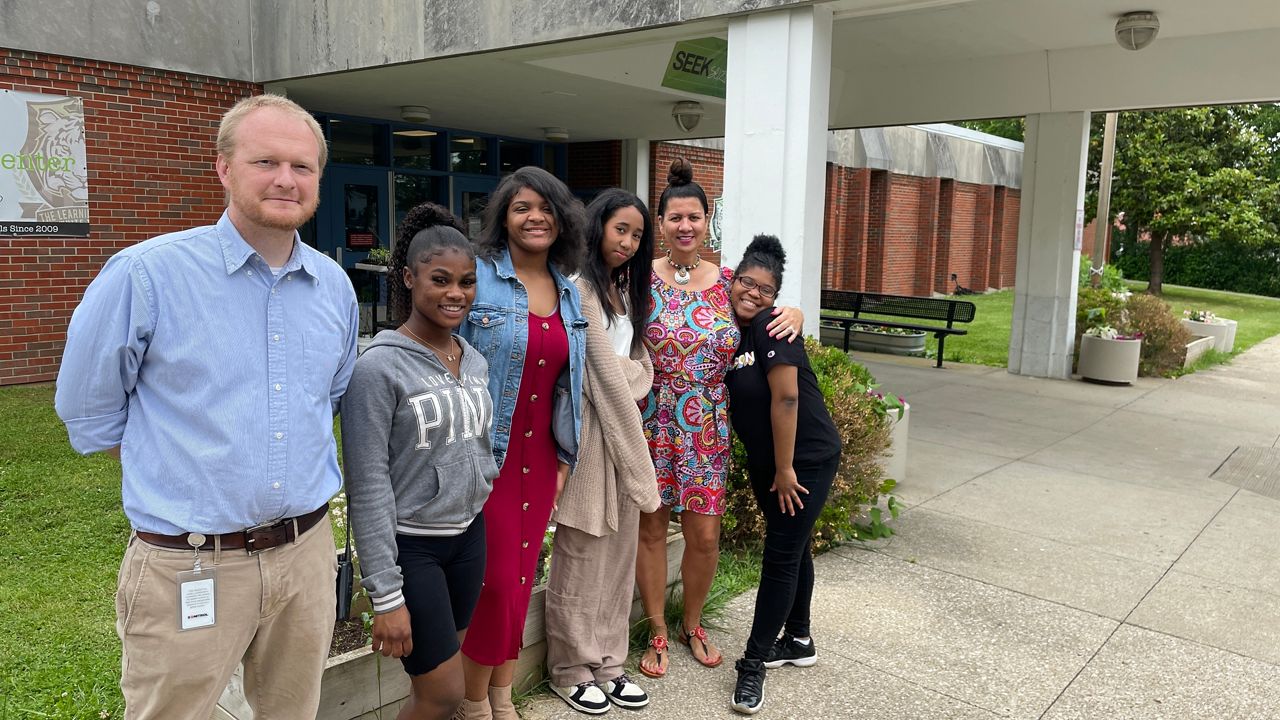
She and the others are positive that dedicating a place to remember victims will help them heal.
“So, even if this place is harder to come to because of that thing, it is to help heal… at least some of it.” Jackson believes it can be a haven.
The group plans to complete the area with a bench created from bottle caps. They are being collected at The Learning Center. It's also where the art on the bricks was created by students who teachers say understand social issues like community recovery.
Jackson says it's just the difference they're looking to make. “I think this is their safe place to let it out.” The students hope to continue to spread more healing.
The group’s efforts were supported by the Georgetown Street Area Neighborhood Association, Leaders at the Learning Center, and local nonprofits.







